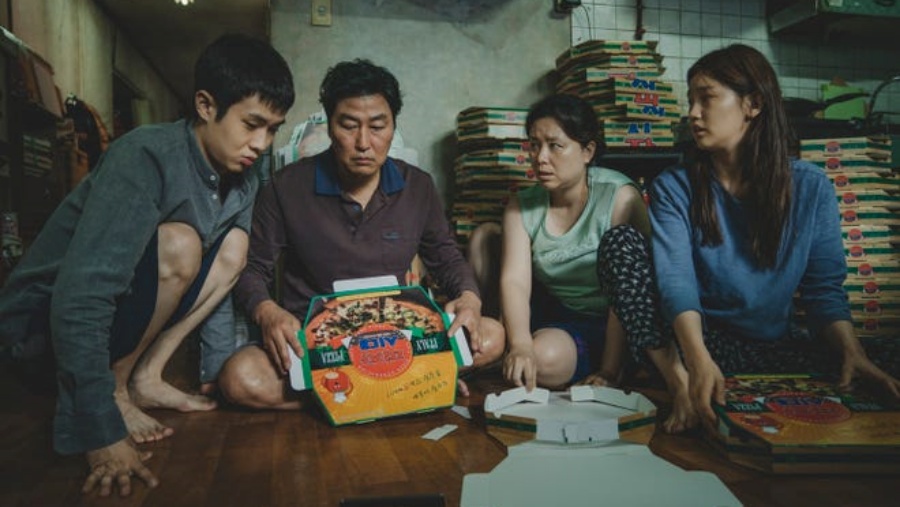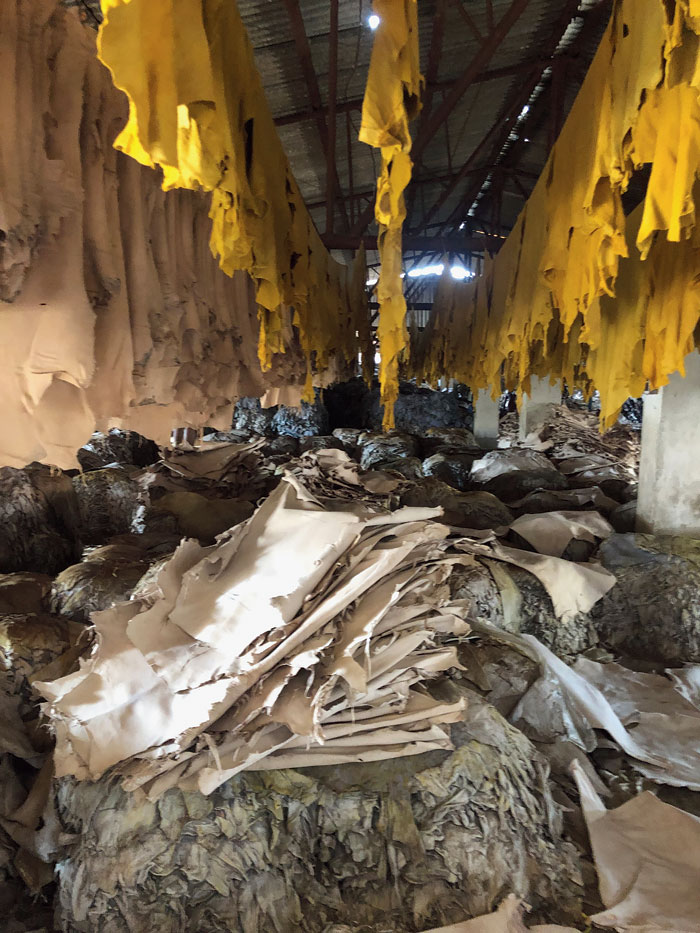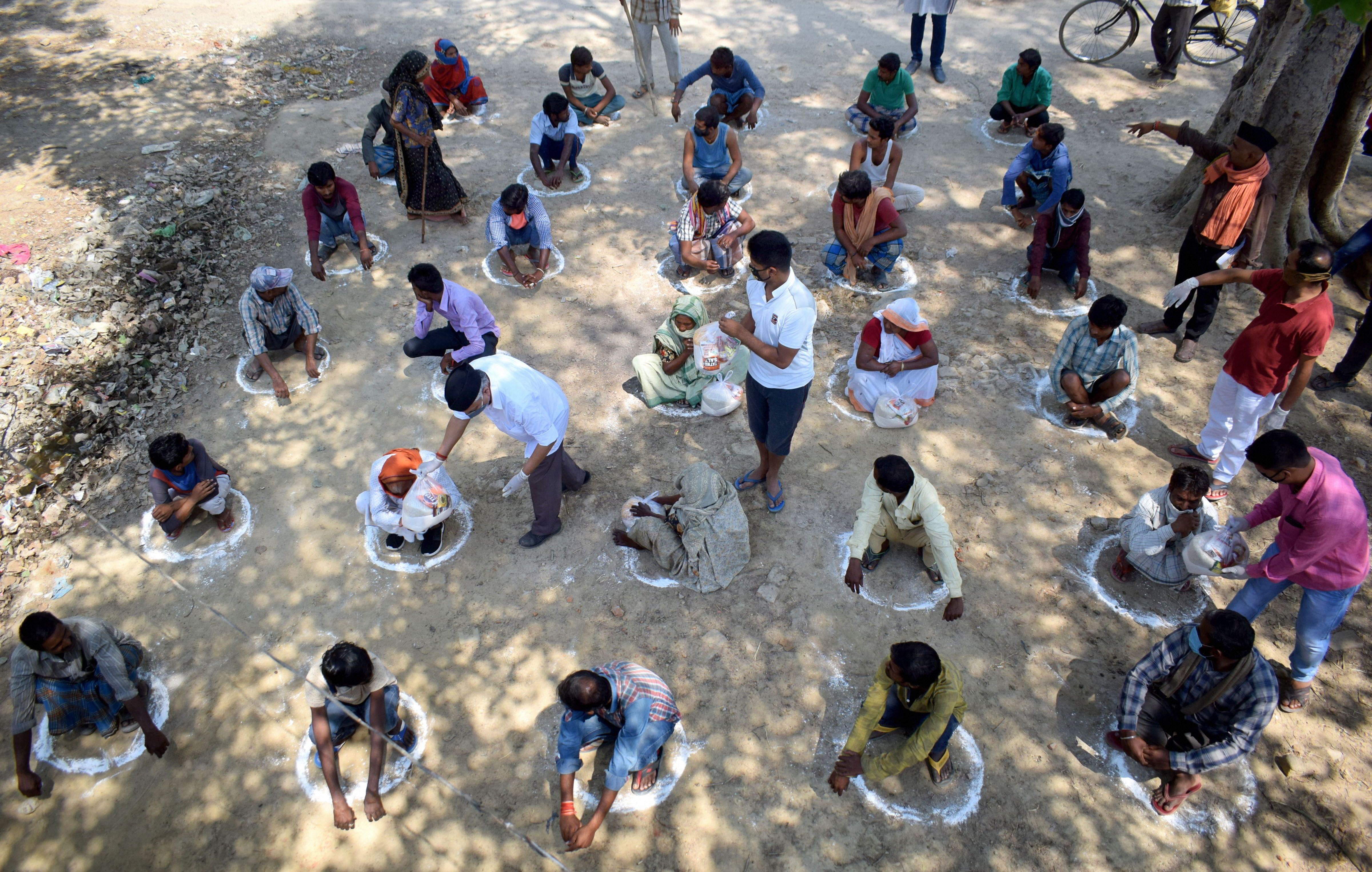In Stench, a short story by the Tamil writer, Azhagiya Periyavan, Pamandi is forced to return to his home, one that he has always loathed, since he needs money from his parents to pay his college fees. Everything about his home, including the bodies of his parents, reeked. Having spent the formative years of his childhood and adolescence in hostels, the stench of excreta and carcass — his father worked in a tannery — that surrounded his life in the village was now unbearable to him. Returning to the village meant being assaulted by the breeze carrying this stench.
It is not difficult for the informed reader to discern the socio-economic location of Pamandi in the Indian context. A 2016 report by Al Jazeera says that Muslims and Dalits almost exclusively perform the ‘dirty work’ of skinning and tanning in India’s 12-billion-dollar leather industry. But the significance of Periyavan’s short story is not limited to the question of menial and unhygienic occupations to which the lower castes of this country are chained. It speaks of a larger, and more insidious, reality that has to do with diverse discourses that classify the subaltern body as inferior. The most potent of these discourses, it may be argued, are those that cast the subaltern body within what may be called the narratives of smells: majjuvasana (smell of marrow) or meenmanam (fish stench) can be looked at as examples. The viciousness of such narratives arises out of the fact that they render the object condemned even before the question of touch or contact arises. While Pamandi, our protagonist, is the recipient of the benefits of institutional mechanisms that have been created to address the historical disenfranchisement of his people — reservation — it is much harder to imagine the resources available for him to resist the forces of the dominant cultural-aesthetics — the narrative of smell — impinging upon his self.
It has been argued that the market, especially since the liberalization of the Indian economy, has offered a way out of the inequities of ‘traditional’ structures like caste, opening up new avenues of economic life and new horizons of life experiences. Underlying such arguments is the claim that a globally connected free market also brings with it other forms of freedom in social life that have the power to bypass local structures of authority. Much of the influence of the neo-liberal credo also comes from arguments that assert the inherent capacity of the market to bring about the liberalization of social mores, perhaps even reverse the existing forms of exclusion. This was a hope, a powerful dream, that was sold to Pamandi and millions of others like him. The discursive power of neo-liberalism, specifically that concerning the virtues of the open market, is nothing but a dream. What the market offers is the appearance of a different realm where caste prejudices don’t apply. In fact, it offers the possibility that the individual’s body may be moulded in accordance with global standards of beauty and desire, regardless of caste, class, race, gender or even space. This is a promising prospect; even Pamandi and his family could escape the wretchedness of their existence and re-cast themselves into citizens with acceptable, perhaps even desirable, bodies.
However, the problem with turning the market into a veritable ideology of liberation lies in the fact that more often than not the relationship with it is rigidly circumscribed by the act of consumption. In the Oscar winning film, Parasite, the Kim family is forced to address the problem of the common smell they share as it threatens to unravel their elaborate con job on their rich masters. The father wonders if using different detergents for their clothes might do the trick — only to be corrected by the daughter who points to their basement apartment as the source of their problem that no detergent could possibly help. Consumption gets you only so far.
Moreover, the tendency to think of the market — from the point of view of consumption or otherwise — as a realm separate and even inimical to socially entrenched forms of exclusion masks an even more insidious reality. Not only is the market not distinct from society, it is also perfectly comfortable grounding itself on discourses that reflect the worst of oppressive social structures. The smells, tastes and complexions that are chosen for commodification and entered into circulation don’t come from nowhere; they represent, in one way or another, certain — to use Pierre Bourdieu’s term — habitus that are privileged and perceived to be ideal. This is an eminently social process. Good smells are always sourced from places that don’t belong to the world of a Pamandi or from the Kim family. The market does not condemn you for your socio-economic status. But at the same time, it is also allied with the same structures that hold you down.
The author of Stench leaves us with a troubling, metaphorical image of Pamandi in the climax: “Slowly, he submerged himself in a huge ball of shit and emerged. Pamandi’s conception of stench withered and dropped.” How such an ‘emergence’ will take place in a world reeking of the stench of caste is a question that we continue to grapple with in this country.













